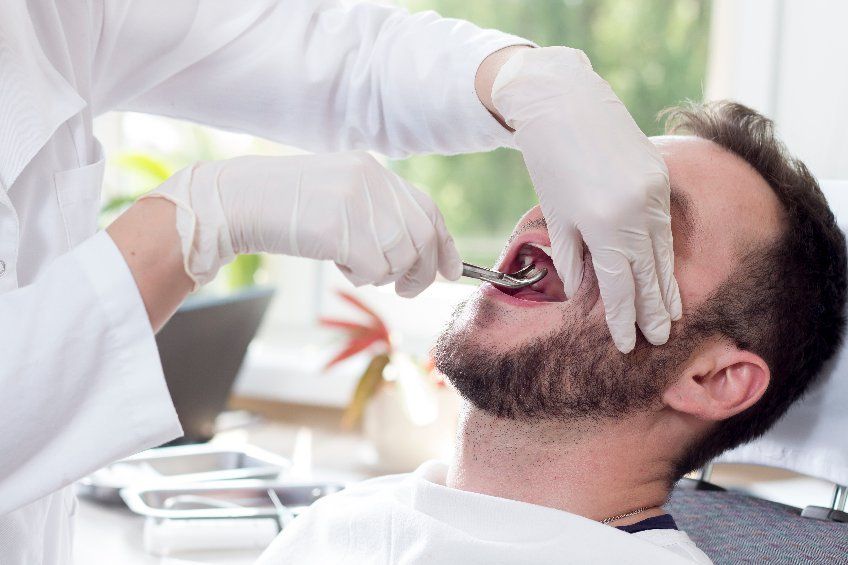When IV Sedation Dentistry Might Be Your Best Solution
- By Mary Marks
- •
- 23 Jun, 2022
- •

Stress and anxiety are a nuisance for all patients, but fortunately, there are various types of sedation methods that increase comfort during the treatment. One of the most effective ways to keep fear under control is intravenous sedation (IV sedation), which induces a state of deep relaxation, mostly used in more complex dental procedures Colorado sedation dentistry offices.
If your doctor decides that sedative substances administered through the vein are the best option for you, you will receive a small injection in the arm or behind the palm. This will make you feel more relaxed in relation to the treatment you will receive and remove your anxiety.
Although you will not fall asleep, you may believe you have slept. Many people do not remember much about the dental treatment they have gone through.
Benefits of IV Sedation:
· Intravenous sedation is not synonymous with general anesthesia; it is a form of conscious sedation; thus, it is much safer.
· Recovery time is short.
· The dose is adjusted according to the patient.
· The effect of sedation is felt immediately.
· There is no risk of swallowing issues.
· The patient is conscious throughout the entire intervention. This is a significant advantage because they can cooperate with the dentist and understand the instructions.
In the case of specific procedures, IV sedation can be supplemented by local anesthesia, but it is not a substitute for it.





Although oral sedation dentistry Highlands Ranch is one of the optionsavailable for managing anxiety and discomfort during oral surgery, you certainly do not need to use it all the time. As a matter of fact, the exact type of sedation or anesthesia that you receive during oral procedures may depend on various factors, such as the complexity of the procedure, your medical problems, as well as your doctor’s preferences.
There can be several different levels of sedation that can be used in oral surgery. Local anesthesia is one of them. This involves injecting anesthetic medication into the specific area where the surgery will take place. It numbs the area and is often used for less invasive procedures.
Oral sedation involves taking medication in the form of a pill to induce a state of relaxation and drowsiness. The patient is still conscious, but he/she may not be fully aware of the procedure. At any rate, sedation helps him/her get rid of anxiety.
In the case of intravenous sedation, medication is administered through a vein, which induces a deeper state of sedation than oral sedation. Patients may still be conscious, but they are less aware of their surroundings and may not remember the procedure.





